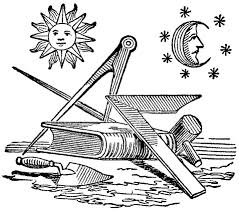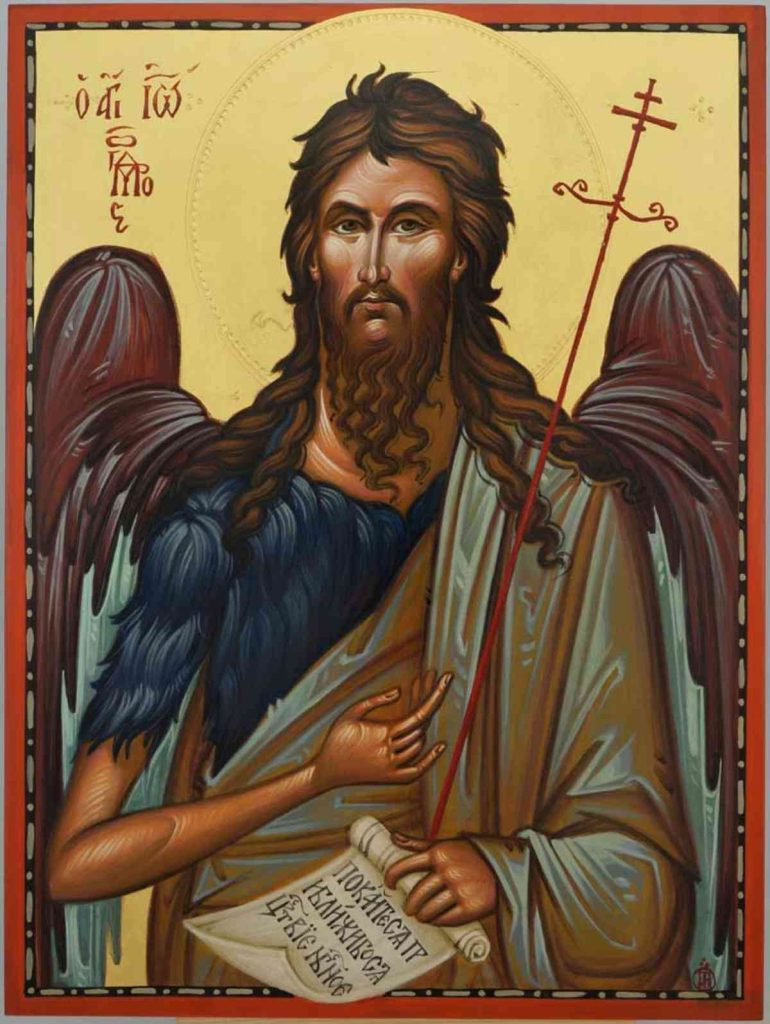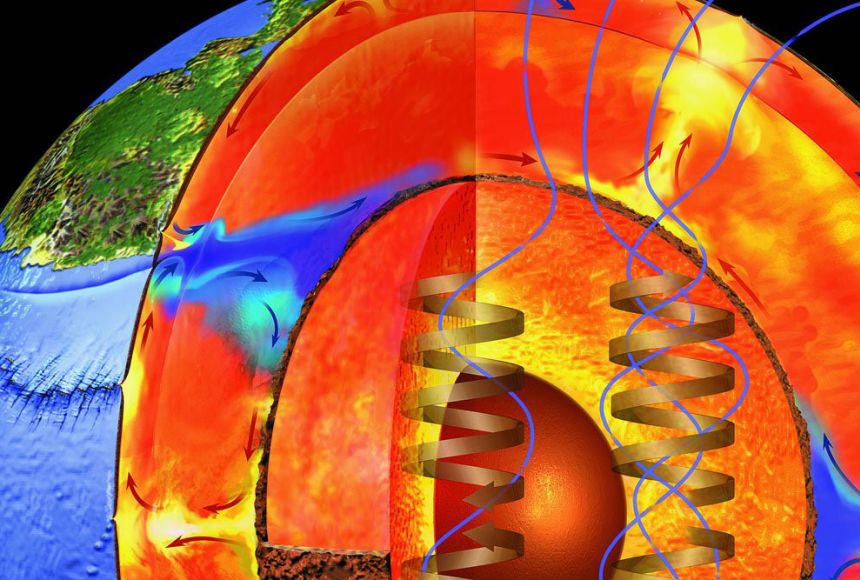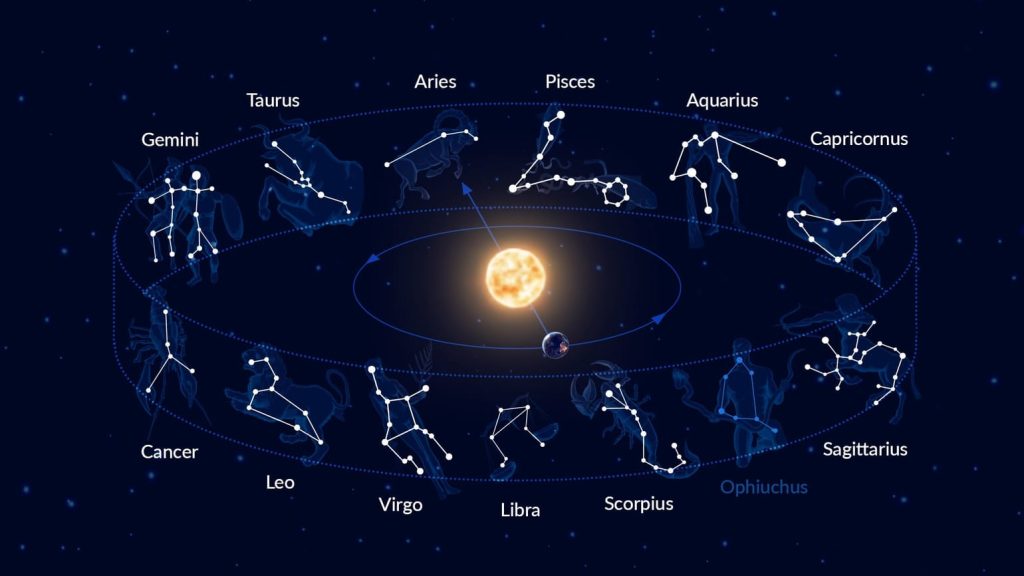Astrology
Like Astronomy, Astrology refers to the study of celestial bodies, their movement and locations. Unlike Astronomy, Astrology refers to celestial locations, to determine the influence they have on human beings and the world.
Astrological interpretations vary from one country to another and within different cultures. For example, the Islamic understanding of a full moon is different from the Christians’. This explains why the Islamic calendar of significant events shifts from year to year whilst for Christianity, it appears to remain constant.
Astrology and Freemasonry
Before the clock and modern light were invented, people used to work quite logically, between first light at dawn and dusk before darkness set in.

In centuries past thereby, it was the work ethic of masons as all outdoor labourers, to work between sunrises and sunsets. It was easily observed that the lengths of day and night varied throughout the year. Therefore there were two days which marked the change from days getting longer to shorter (and vice versa). These days were unsurprisingly marked as ‘special’ and honoured by devotions to the Saints. On St. John the Baptist’s, daylight was the longest, and on Evangelist’s Day, daytime was the shortest.
In any large and dedicated workforce living communally, it is logical to have an overseer or ‘class’ of workman in charge of productivity during the working period and another ‘class’ in charge of the Brethren’s welfare during ‘refreshment’ or non-working hours. Thus one Brother was in charge whilst the sun provided light by which to work and another whilst the land was lit only by the moon. It’s surely little surprise that the two classes became represented by imagery of the sun (earthly terrestrial globe) and the moon (starry celestial globe).

Even though much Masonic symbolism is similar to astrological icons, it is most likely that the symbols were simply derived from the same antient source. There is no demonstrable Masonic link to any direct relation to astrology. An astrologer believes that each individual’s future is destined by their time and place of birth, determined by the position of the sun and moon within the constellations. A Mason understands that he alone is in charge of his destiny and that he must labour to create a path that leads him both to personal fulfilment as well as the support of his family, his Brethren and others.
Freemasonry and the Saint’s Days

Having taken its rise from the ancient Mason’s Guilds, Freemasonry later became dominated by speculative Masons who were often well-educated and well-off citizens . Initially, their meetings were annual and in the form of a huge banquet, usually held in the evening so as not to conflict with daily commitments. In days before street lighting, what better day to convene this annual meeting than on the longest day of the year, when the Brethren could travel more safely in the feint light of the setting sun on St. John the Baptist’s day? Thus early Masonic meetings would have been held on this Saint’s day. Not for religious reasons, but for ones of practicality.
It is worthy of note that back in the 18th and 19th Centuries, some lodges met more regularly and often monthly, so were held on nights of (or nearing) the full moon so that members could utilise the moonlight to assist them on their way home. These lodges were sometimes referred to as ‘Full Moon Lodges’.
Author’s observation on Astrology

The earth comprises a thin solid crust surrounding a molten core (or ‘Magma’) containing high levels of iron. The gently spinning movement of the magma creates an electric flux which in turn, through the dynamo effect creates a magnetic field with the magnetic south pole (north attracting) at what we consider the ‘top’ of the earth. Because of natural variations of movement in the liquid magma, a reduction in mass of ice our polar caps and now the dearth of water in some Asian and African deserts, not only do the magnetic poles shift, but the tilt of the earth does as well causing an unpredictable and very slow but measurable ‘wobble’ or ‘precession’.

The really bad news for Astrologers is that the ‘wobble’, causes a shift in the Earth’s axis and changes the Earthly view of the stars, thus the constellations appear to move eastward, roughly one degree per human lifetime, which means that the sun may appear to pass through a different constellation to that forecast in horoscopes. Over thirty lifetimes, all of the constellations will have actually moved through some 30 degrees which (being one twelfth of 360 degrees) is pretty much one entire constellation. So compared with our antient brethren, our horoscopes are by definition inaccurate.
![]()
